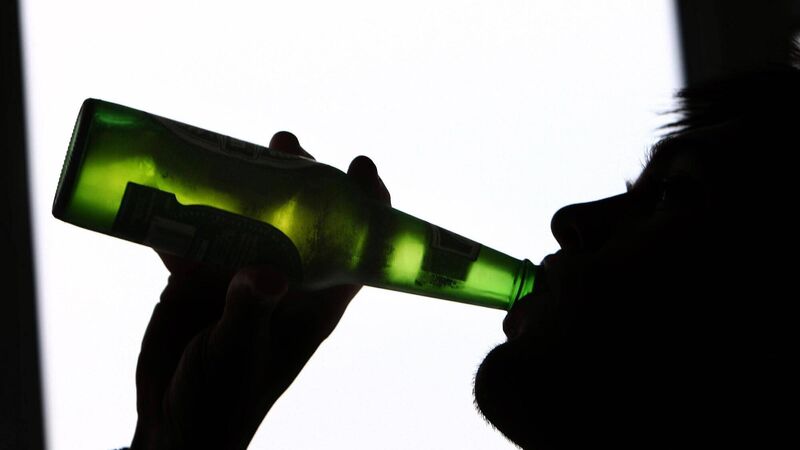Schools should be 'no go' area for alcohol industry

How is an organisation with close funding ties to the drinks industry allowed to train teachers about alcohol harm reduction against the advice of the HSE and the Department of Health?
It would be unimaginable for an organisation that receives even a euro in funding from the tobacco industry to run a school programme about smoking.
So how is an organisation with close funding ties to the drinks industry allowed to train teachers about alcohol harm reduction against the advice of the HSE and the Department of Health?














